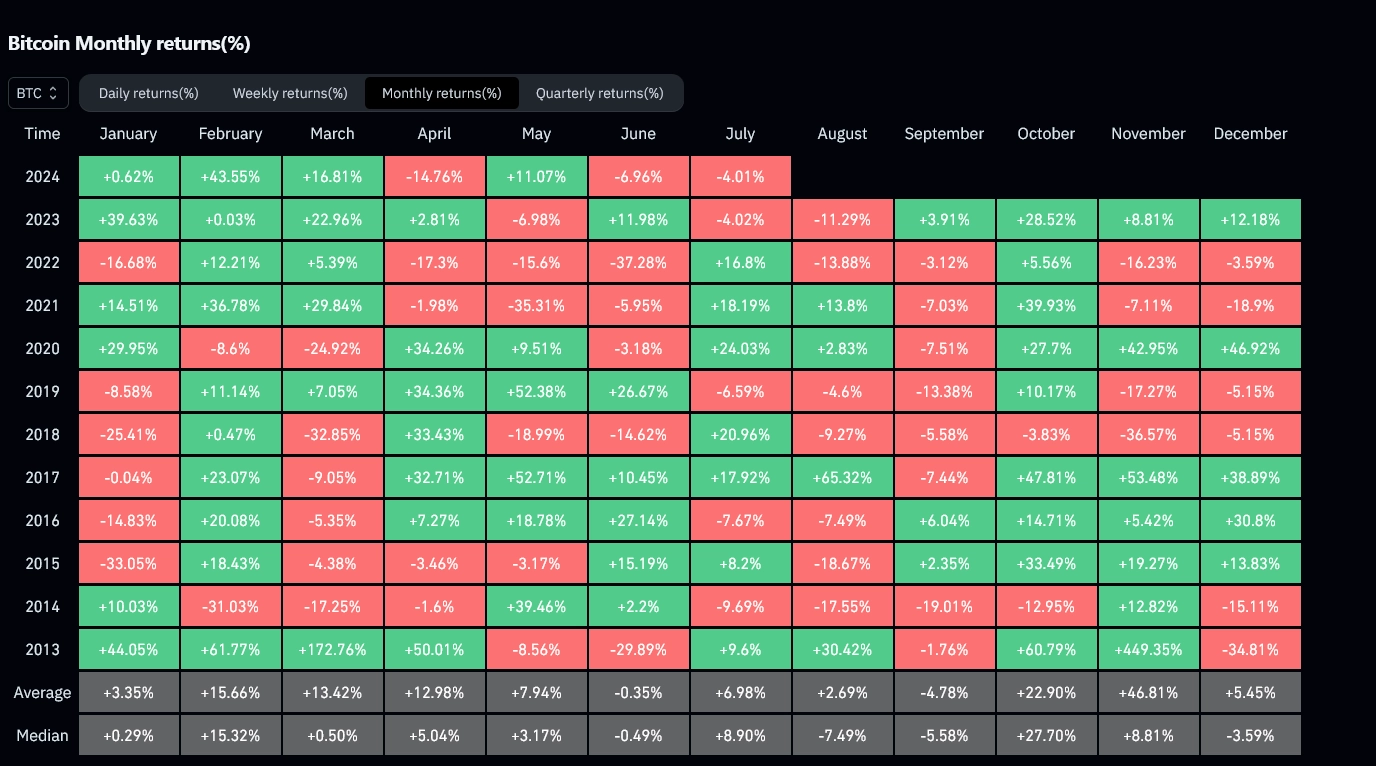Controversial Tron founder, Justin Sun, has made a bold offer to protect retail investors and purchase the remaining $2.3 billion in Bitcoin seized by the German government, which it is currently preparing to sell on the open market. This comes after Germany moved $75 million worth of Bitcoin to exchanges, causing a significant market drop.
 Source: https://x.com/justinsuntron/status/1808828661401072092
Source: https://x.com/justinsuntron/status/1808828661401072092
Over the past two weeks, Germany’s actions have led to the transfer of hundreds of millions in Bitcoin, heavily impacting market prices. Bitcoin’s value has plummeted to $84,567.67 AUD, marking a 5% decrease since yesterday and a 7% drop over the past week, according to Crypto News Australia data.
Sun tweeted his willingness to negotiate directly with the German government to buy Bitcoin off-market to minimise further market disruption. However, it remains to be seen how serious he is about this offer or if he has approached German authorities formally.
The crypto community on Twitter has reacted with a mix of support and scepticism, with many suggesting better methods for law enforcement to handle seized assets. Some users humorously offered small contributions or help with negotiations, while others used the situation to promote their projects.
Advertisement

Related: Aussie Analysts Decode Three Key Factors Behind Bitcoin’s Recent Drop to $60K
Memes have also become part of the conversation. According to blockchain analytics firm Arkham Intelligence, one of the wallets linked to German authorities has already sent at least $300 million worth of Bitcoin to various exchanges, including Coinbase, Kraken, and Bitstamp. This wallet, which contains $2.3 billion in Bitcoin, has been actively transferring funds since mid-June, following its seizure earlier this year.
Speed Boost for Ethereum: Vitalik Buterin Introduces EIP-7732 for Efficient Ethereum
Vitalik Buterin, Ethereum’s co-founder, is pushing for a faster Ethereum with the introduction of EIP-7732. This new Ethereum Improvement Proposal aims to streamline the tasks of validators by splitting their roles and forming a committee to ensure timely transaction verification.
By overhauling the block validation process, EIP-7732 seeks to enhance both security and performance on the blockchain. The proposal introduces the Enshrined Proposer-Builder Separation (EPBS), which divides block creation into two roles: the consensus proposer and the execution proposer.
The consensus proposer selects the execution proposer, who commits to producing a valid block containing crucial information. A group of validators known as the Payload Timeliness Committee (PTC) ensures these blocks are submitted on time, reducing the computational load on validators and making the network faster and more efficient without compromising security.
Related: Mt. Gox Conducts Test Transactions: Is Another Bitcoin Dump Looming?
Buterin highlighted the importance of fast transaction confirmations for a good blockchain user experience in a post on June 30. Thanks to the recent transaction fee revamp with EIP-1559 and steady block times post-Merge, Ethereum transactions now confirm between five and 20 seconds.
While this is comparable to credit card transactions, some applications need even faster speeds. EIP-7732 promises to bring these faster speeds closer to reality, though it will require another hard fork with backward-incompatible changes. The Ethereum community eagerly watches as these changes could significantly enhance the blockchain’s performance.
BTC Dips to $55K
Bitcoin’s price recently dropped to $55,000 following comments from Federal Reserve Chair Jerome Powell, who expressed concerns over the US’s fiscal trajectory and hinted that rate cuts are not imminent.
This has led to market volatility, with Bitcoin experiencing a 21% loss over the past month despite a strong first quarter.
 Source: Coinglass
Source: Coinglass
Additionally, the looming repayments from the Mt. Gox case as well as the German government offloading $175 worth of BTC have added uncertainty to the market.
While some fear the impact of these repayments, others believe institutional interest and early adopters’ reluctance to sell will mitigate the effects.


